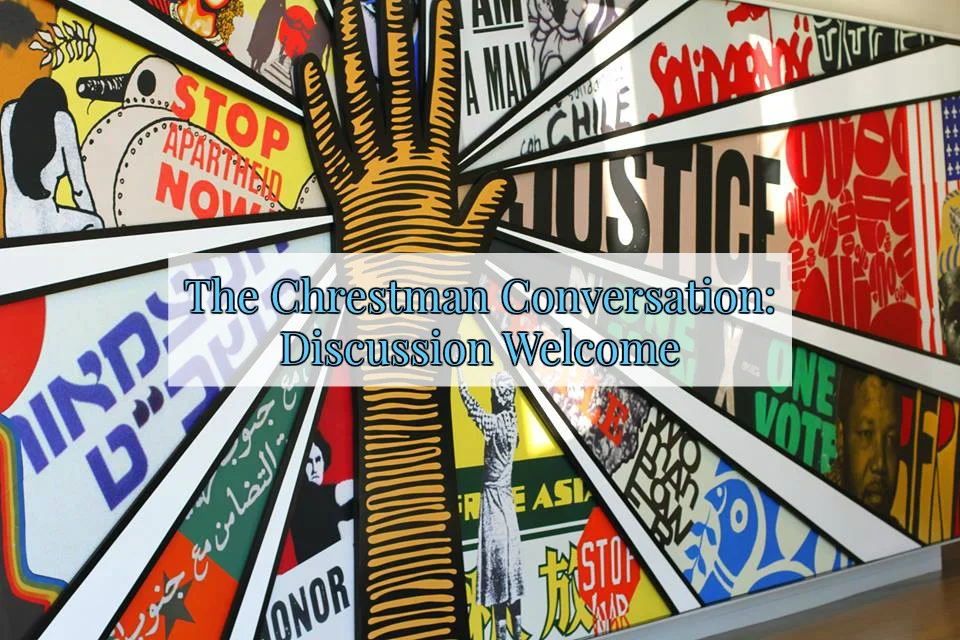Colin Kaepernick and Black Lives Matter
Being a high-profile celebrity puts a person under the microscope. Every action is analyzed, and every opinion is amplified. It provides a platform for bringing awareness to crucial causes, and many celebrities have used their fame to do incredibly charitable things for the world. Freedom of speech and the right to protest are rights granted to Americans by the constitution, so when San Francisco 49ers QB Colin Kaepernick refused to stand for the national anthem before the start of an NFL game he was entirely within his rights to do so. The question should not be whether Kaepernick had the right to refuse to stand, but whether he was right to do so in the first place.
Kaepernick explained that he was, “not going to stand up to show pride in a flag for a country that oppresses black people and people of color.” Kaepernick decided to use his platform to lend support to the Black Lives Matter movement. Black Lives Matter is a movement which aims to fight systemic racism in America, but is America systemically racist? If you were to monitor Kaepernick’s twitter feed in the aftermath of his protest you would see hate speech that is overwhelming in both its quantity and its cruelty. Racists and bigots seemed to spring out of the woodworks to lend credence to Kaepernicks’s cause, but the fact that a society contains racists does not make the society itself racist.
The problem with blanket statements such as “America is racist” or accusations of “systemic” racism is that they are entirely unproductive in the public forum. Saying America is racist addresses no issues on how or what exactly should change. Charging something as a problem without evidence or example leads nowhere. If there is a law, or a policy, or a person who can be pointed out as racist then those issues can be addressed and changed for the better (at least when it comes to laws and policy, some people will never change and should just be shunned.) The ultimate problem with Kaepernick’s statement is that it’s divisive without being productive.
During the height of the civil rights movement, the leaders of the movement recognized that the change they hoped to accomplish would not happen overnight. They organized and lead marches and protests against very specific practices within the United States which needed to change; the Montgomery bus boycott, Brown vs. Board of Education, the Voting Rights Act, The Civil Right Act of 1964. These protests and court cases changed this country for the better by a detail-oriented approach to the problem. Today, the Black Lives Matter movement has become the vanguard fighting against racism but it has done so in a very rambling and unlettered way.
Complaints of the Black Lives Matter movement have centered on issues of police brutality and income inequality. Both of these issues however lack significant data to back up claims made by the movement. Think of all the high profile shootings that have taken place in the past year. Even if every single one of them turned out to be perpetrated by an overtly racist police officer hell bent on oppressing minorities, the number of unwarranted deaths at the hands of police would still be statistically insignificant. There are 1.2 million police officers in the United States, and since 2015 the Washington Post has tracked 1,502 people shot and killed by on duty police officers. One unjustified killing is too many, but of the 381 black people shot and killed the majority were never disputed due to the circumstances surrounding the shooting. Of the disputed shootings, 17 officers have been charged with a crime and currently await trail (some of the victims included in the 17 are white as well.) In the unlikely event all 17 are found guilty (which they probably will not be) 17 deaths does not amount to a national crisis.
The fact that if you are black you are more likely to live in poverty is also not the case of systemic oppression. During the same period of time the civil right movement made strides towards improving race relations, problems within the black community have compounded. 2016 is less racist than 1960, I think almost everyone would agree to that fact. Yet the single motherhood rate within the black community has gone from 20% to 72%, the high school dropout rates continue to be higher for black students, and despite making up only 13% of the country blacks still commit over 50% of the homicides. These statistics have nothing to do with oppression and everything to do with personal accountability. According to the Brookings Institute, you only need to do three things to make your way into the middle class: finish high school, get a full time job, and refrain from having a child before you’re married and over the age of 21. None of these things have to be accomplished by first dealing with racism. Racism cannot make you an unwed mother or a high school dropout.
The principal that Kaepernick and the Black Lives Matter movement embody is a wonderful notion. Standing against racism is always the morally right thing to do, but calling someone racist does not make them racist. Calling America racist does not make the nation racist. The implication behind the name “Black Lives Matter” is that there are a bunch of people out there who think that black lives do not in fact matter. That is not how I see America, and that is not how the facts appear to add up.

